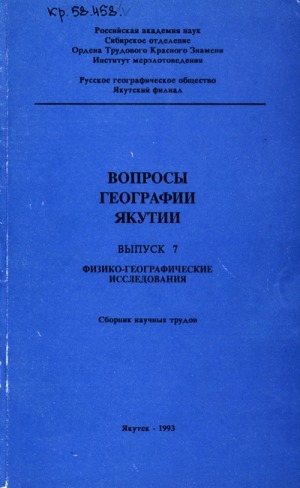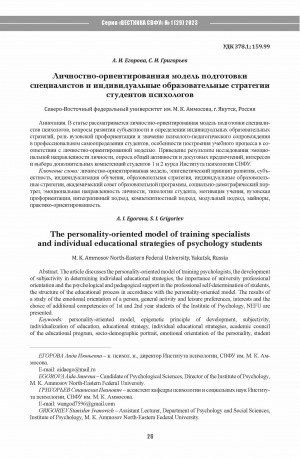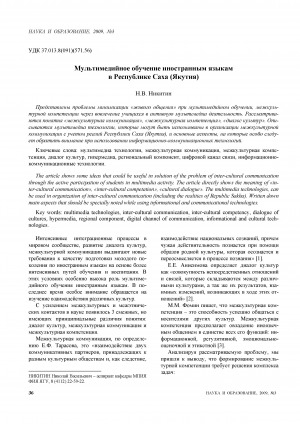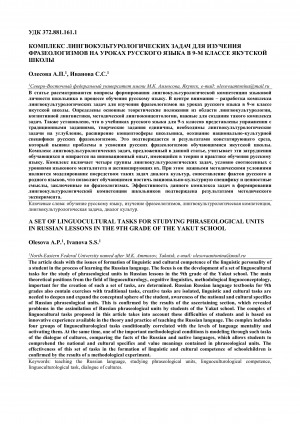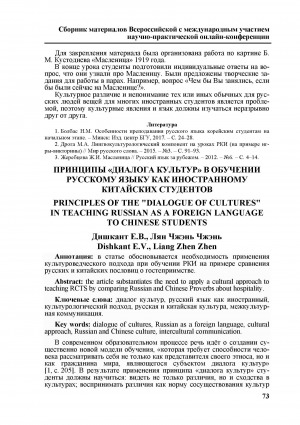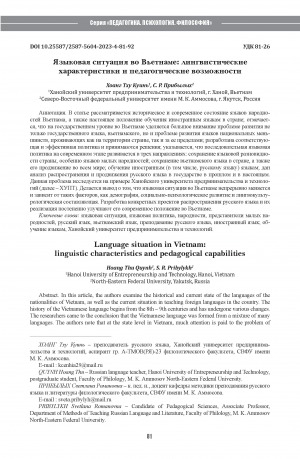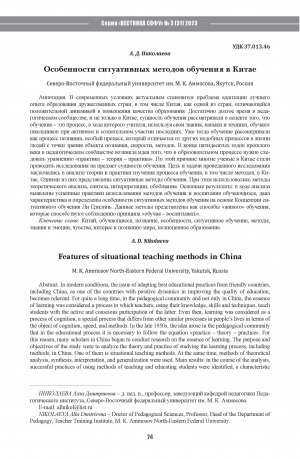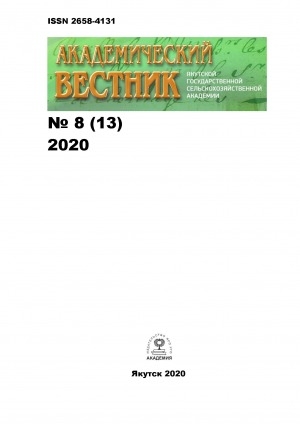В языковых вузах происходят качественные изменения, отвечающие требованиям модернизации образования, обновляются содержание и методы обучения, развивается компетентностный подход к профессиональной подготовке студентов. Наряду с формированием лингвистической компетенции студентов происходит развитие других компетенций, где важное место отводится социокультурной компетенции. В формировании социокультурной компетенции студентов существенную роль играет региональный аспект языковой подготовки. Проблемы межкультурного взаимодействия способна решать личность как освоившая иноязычную культуру, так и хорошо владеющая родной культурой. Студент должен уметь представлять свою страну и регион на иностранном языке, интерпретировать смысл высказываний, исходя из культурных особенностей участников диалога. Но анализ литературы, опрос преподавателей и студентов показывают недостаточное умение студентов репрезентировать регионоведческие знания на иностранном языке. Необходимо отметить также, что вопросы реализации регионального компонента в обучении в вузе редко рассматриваются, недостаточно разработаны вопросы определения его содержания и его роли в развитии компетенций студентов. Однако региональный аспект является значимым элементом языковой подготовки студентов, и его реализация диктует поиск путей его внедрения. В статье рассматривается опыт реализации проекта "Обучение немецкому языку бакалавров-филологов с использованием регионального материала" в рамках дисциплины вариативной части учебного плана 45.03.01. Филология, профиль подготовки: Зарубежная филология (немецкий язык и литература). Включение лингвокультурного и лингво-этнопедагогического материала на немецком языке отвечала потребностям студентов в овладении регионально-ориентированными знаниями на иностранном языке. Предварительный опрос показал, что 76 % студентов из 52 опрошенных, заинтересованы в изучении регионально-ориентированного материала на иностранном языке.
The way linguistic disciplines are currently taught in universities is undergoing a qualitative change, helping it meet the requirements of educational modernization, while the content and teaching methods are updated, and a competency-based approach to professional training is developed. Along with the development of linguistic competence of the students, other competencies are being formed, among which the sociocultural competence occupies an important position. In the formation of sociocultural competence, the regional aspect of language training plays an important role. The issues of intercultural interaction can better be solved by an individual who has mastered a foreign culture through its language, while having a good command and understanding of his own. The student should be able to perceive her own country and region through the lens of the foreign language of instruction, and interpret the meaning of statements based on the cultural characteristics of those participating in the dialogue. However, the data suggests (analysis of the related literature, various surveys of both teachers and students) the apparent lack of ability displayed by the students to represent satisfactory region-specific knowledge in the foreign language. Meanwhile, issues of the consideration of the regional component in teaching at the university level are rarely discussed, questions of determining its content and its role in the development of competencies in students are not sufficiently developed. Nonetheless, the regional aspect is an important element of language instruction, and it simplementation demands the search for proper ways to introduce it.The article discusses the results of implementing the project "Teaching the German language using regional material to BA students majoring in Linguistics" in the context of customizable disciplines of the curriculum: "45.03.01 Philology, training profile: Foreign philology (German language and literature)". The inclusion of linguistic and linguistic-ethnopedagogical material met the student body's need for mastering regionally-oriented knowledge in the foreign language. A preliminary survey showed that 76 % of students from 52 respondents are interested in studying regionally-oriented material of the foreign language.The results of the project made it possible to verify the feasibility of including the regional aspect in the language instruction intended for Bachelors of Philology. The results showed that the developed pedagogical conditions contribute to the increase of the level of regional socio-cultural competence of students, which in turn contribute to the development of students' agency in the dialogue of cultures.


